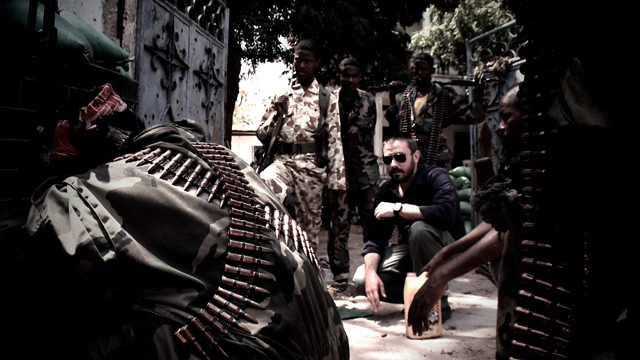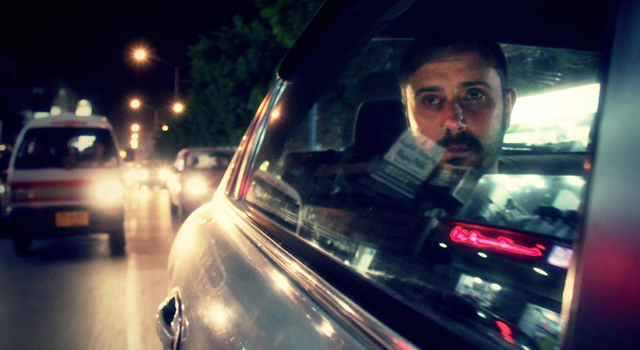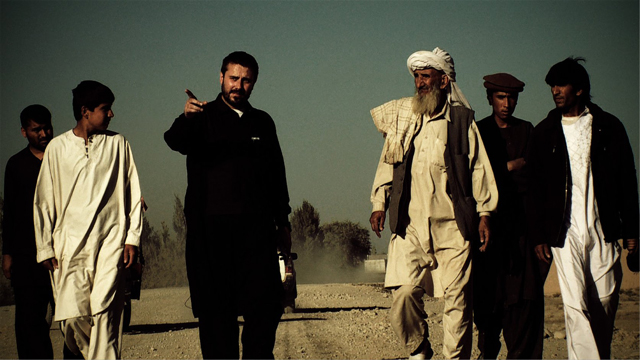
Whether he's bringing to light the crimes of Iraq War defense contractor Blackwater in his 2007 book Blackwater: The Rise of the World's Most Powerful Mercenary Army or covering national security for The Nation, Jeremy Scahill asks the questions we don't know we should be asking. His latest topic is the series of expanding covert wars secretly conducted by the United States around the world in his new book and documentary Dirty Wars (in Bay Area theaters Friday, June 14). We recently talked to Scahill about the documentary, his time investigating U.S. attacks in Yemen and Afghanistan, what JSOC is (and why you should care), and where he feels more in danger: war zones or Washington D.C.
KQED Pop: The first thing I have to ask after reading the book and seeing the documentary is, of course; is Yemen really the greatest threat to the external security of the United States?
Jeremy Scahill: No, I think there's a wild exaggeration to the threat terrorism poses to our country in general. It's not that there isn't a threat: there are definitely people plotting to blow up U.S. airplanes, bomb our subways, set off an explosive in Times Square. Those things are real. The question is: how much of a threat is it and how best to deal with it? I've come to the conclusion after spending a lot of time in Yemen and Somalia and Afghanistan and elsewhere that, when we're doing these drone strikes and we don't actually know who we're killing, we're pursuing a relatively small group of people and in the process we're harming a larger numbers of civilians. I think we're increasing the threat to our national security, not diminishing it. We're inspiring new generations, not necessarily of terrorists, but enemies, people with a legitimate score to settle. It's almost laughable the idea that Yemen is this great external threat. We're talking about a few hundred people living in desserts that dream all day of blowing up an American airplane and we should address that, but we're making the problem worse the way we're handling it. The threat is real, our approach is wrong.

One of the cornerstones of the book and documentary is the Joint Special Operations Command. What do Americans need to know about JSOC and what it's doing in our name?
Scahill: JSOC is the most elite military unit in US history.


